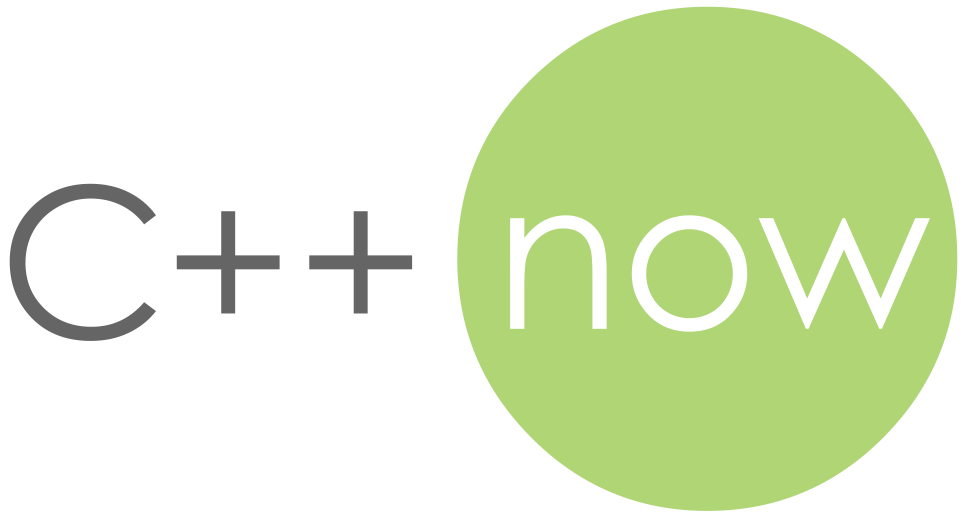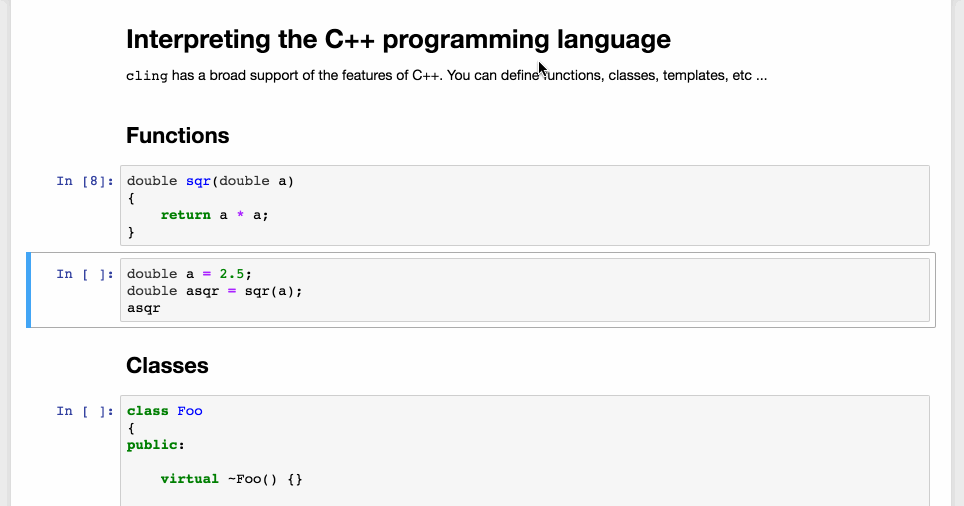5 ways how unique_ptr enhances resource safety in your code -- Bartlomiej Filipek
Examples where unique_ptr shines:
5 ways how unique_ptr enhances resource safety in your code
by Bartlomiej Filipek
From the article:
While shared_ptr and weak_ptr are more complex, unique_ptr seems to be a perfect replacement for owning raw pointers. Not to mention is the fact that this pointer type is mostly a compile time “wrapper” and it cost almost nothing in the runtime.


 A new version is here!
A new version is here!
